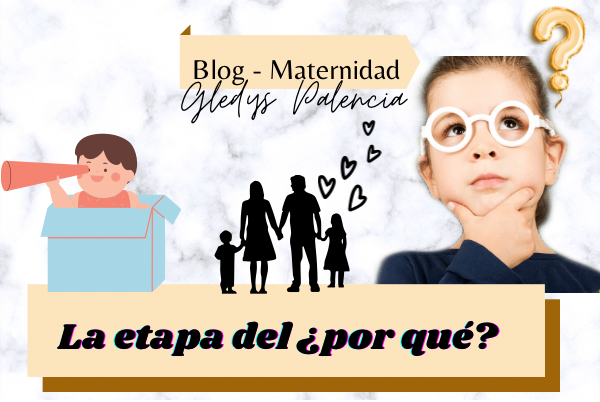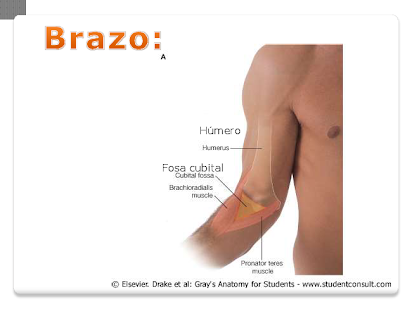La Famosa Etapa del ¿Por Qué? [ESP / ENG]


Un cordial saludo amigos, hoy como padres nos encontramos en la famosa etapa de manifestar su curiosidad. Mi niño desde que inició el mes llegaron las ganas de preguntar el por qué a todas las cosas, paso todo el día escuchándole decir, ¿por qué? ¿y por qué? si tienes un niño entre los 3 y 4 años sabrás de que hablo.
A cordial greeting friends, today as parents we are in the famous stage of expressing their curiosity. My child since the beginning of the month came the desire to ask why to all things, I spend all day listening to him say, why? and why? if you have a child between 3 and 4 years old you will know what I mean.

Fuente
Confieso que en ocasiones me da como ternura verle preguntar tanto, ¿por qué papá tiene que trabajar? ¿Por qué hace mucho frío? ¿Y por qué papá ronca? jajaja y muchas preguntas más. Me alegra saber que quiere conocer su entorno y que tiene interés por todo lo que le rodea
I confess that sometimes it makes me feel tender to see him ask so many questions, why does daddy have to work? Why is it so cold? And why does daddy snore? hahaha and many more questions. I'm glad to know that he wants to know his environment and that he is interested in everything around him.

Hay días que a las preguntas no le consigo respuestas fáciles ¿Cuál es nuestra posición como padres en esto? como siempre, llenarnos de muchísima paciencia, es nuestro deber hacerles sentir seguros de que cuando tengan una duda contaran con nosotros y sobre todo generar confianza .
There are days when I don't get easy answers to questions. What is our position as parents in this? As always, we must be very patient, it is our duty to make them feel confident that when they have a doubt they can count on us and above all to generate trust.

Fuente
Un día mientras cepillaba sus dientes me pregunto como se llamaba la fosa del codo, (en ese entonces no sabía que esa parte anterior del codo se llamaba así), pero le dije “no sé, pero podemos buscar la respuesta juntos” Acá dejo una imagen de la fosa cubital, donde normalmente extraen muestras de sangre.
One day while brushing his teeth he asked me what was the name of the elbow fossa, (at that time I didn't know that the anterior part of the elbow was called like that), but I told him "I don't know, but we can look for the answer together". Here is a picture of the cubital fossa, where they usually take blood samples.

Fuente
Es común que una pregunta lleve a otra, y es que he notado que le encanta su mundo exterior, hoy día pregunta mucho sobre las cosas que más le gustan o le llaman su atención, animales, carros, clima, dinosaurios, preguntas de lo cotidiano.
It is common that one question leads to another, and I have noticed that he loves his outside world, today he asks a lot about the things that he likes or call his attention, animals, cars, weather, dinosaurs, everyday questions.

Fuente
Lo ideal, como lo dije antes, es formular las respuestas sencillas y claras para que ellos puedan comprenderlas. Esta etapa engrandece el vínculo de comunicación con nuestros hijos y sobre todo amplía su vocabulario, así que pon atención en qué lenguaje usas. Y trabaja en desarrollar mas tu paciencia
The ideal, as I said before, is to formulate simple and clear answers so that they can understand them. This stage enhances the bond of communication with our children and above all expands their vocabulary, so pay attention to what language you use. And work on developing your patience.

Aun estoy en las preguntas fáciles, seguiré aprendiendo y preparándome para cuando toque la hora de esas preguntas fuertes, de ¿como nacen los bebes? o ¿por qué las personas van al cielo?
I am still in the easy questions, I will continue to learn and prepare myself for when it is time for those tough questions, how are babies born? or why do people go to heaven?

Separadores de mí autora, App Canva
Imagen de portada, de mí autoría, App Canva
Imágenes de apoyo al tema, de internet.
